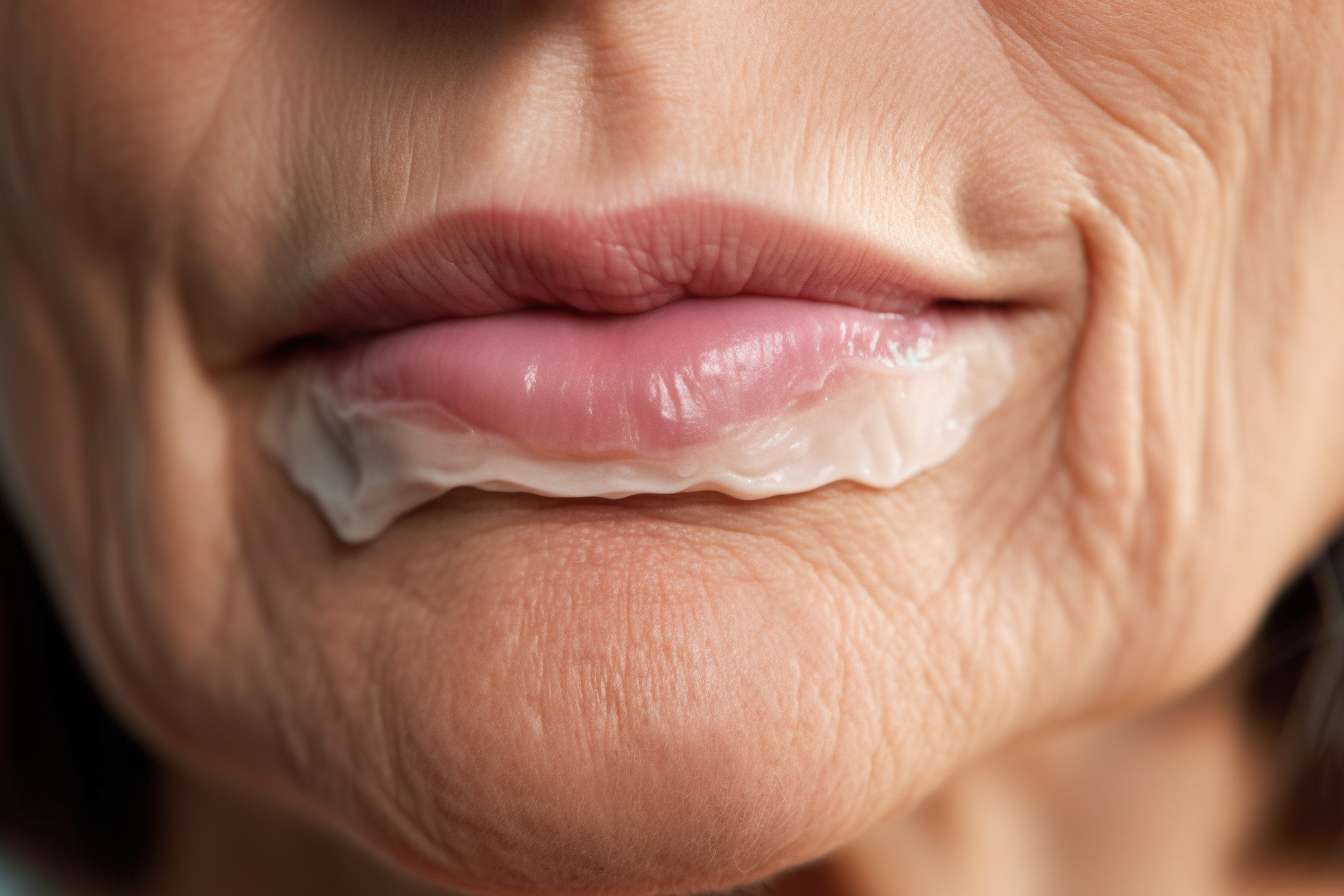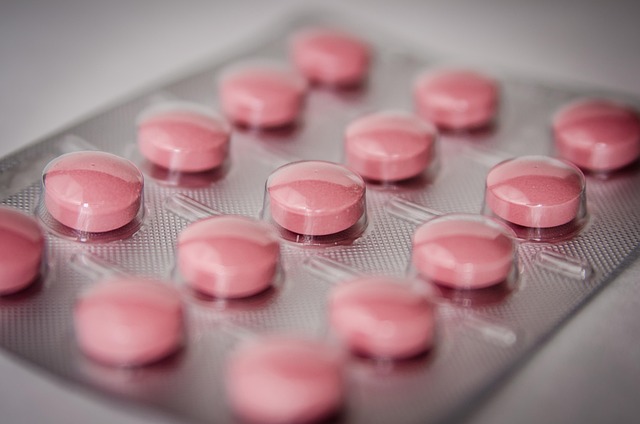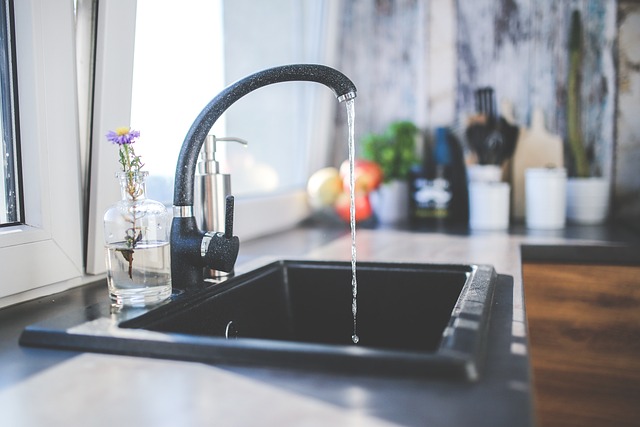Understanding Dark Spots Removal: Treatments and Solutions
Dark spots on the skin, also known as hyperpigmentation, can be a common concern for many individuals. These areas of discoloration can occur due to various factors, including sun exposure, hormonal changes, and skin injuries. This article explores the causes of dark spots and discusses several treatment options available for those seeking to address this skin condition.

-
Sun exposure: Prolonged or intense exposure to ultraviolet (UV) rays can trigger melanin production, leading to sun spots or age spots.
-
Hormonal changes: Pregnancy, birth control pills, or hormonal imbalances can cause melasma, a type of hyperpigmentation.
-
Post-inflammatory hyperpigmentation: Skin injuries, acne, or other inflammatory skin conditions can leave dark marks as they heal.
-
Aging: As we age, the skin becomes more susceptible to developing dark spots due to cumulative sun exposure and hormonal changes.
Understanding the underlying cause of dark spots is crucial in determining the most effective treatment approach.
What are the available treatments for dark spots?
Several treatment options are available for addressing dark spots, ranging from over-the-counter products to professional procedures. Some common treatments include:
-
Topical creams and serums: Products containing ingredients like hydroquinone, kojic acid, vitamin C, or retinoids can help fade dark spots over time.
-
Chemical peels: These treatments use acidic solutions to remove the top layer of skin, promoting cell turnover and reducing the appearance of dark spots.
-
Microdermabrasion: This exfoliation technique uses tiny crystals to remove dead skin cells and stimulate collagen production, potentially improving skin tone.
-
Laser therapy: Various types of laser treatments can target melanin-producing cells, helping to fade dark spots and even out skin tone.
-
Intense Pulsed Light (IPL) therapy: This treatment uses broad-spectrum light to target pigmented areas, breaking down excess melanin.
It’s important to note that the effectiveness of these treatments can vary depending on the individual and the severity of the dark spots.
How can skincare routines help prevent and treat dark spots?
A consistent skincare routine can play a significant role in both preventing and treating dark spots. Key elements of an effective routine include:
-
Sun protection: Daily use of broad-spectrum sunscreen with an SPF of at least 30 is crucial in preventing further darkening of existing spots and the formation of new ones.
-
Gentle exfoliation: Regular exfoliation can help remove dead skin cells and promote cell turnover, potentially fading dark spots over time.
-
Use of antioxidants: Incorporating products with antioxidants like vitamin C can help protect the skin from free radical damage and may assist in evening out skin tone.
-
Hydration: Keeping the skin well-hydrated can improve its overall health and appearance, potentially making dark spots less noticeable.
-
Consistency: Maintaining a regular skincare routine and being patient with results is key, as improvements in dark spots can take weeks or months to become visible.
Are there any natural remedies for dark spots?
While scientific evidence is limited for many natural remedies, some people report success with certain home treatments for dark spots. These may include:
-
Lemon juice: The citric acid in lemon juice may have a mild bleaching effect on the skin.
-
Aloe vera: Known for its soothing properties, aloe vera may help with post-inflammatory hyperpigmentation.
-
Apple cider vinegar: Some believe its acidic nature can help exfoliate the skin and reduce dark spots.
-
Green tea extract: Applied topically, green tea’s antioxidants may help protect the skin and potentially fade dark spots.
-
Licorice extract: This natural ingredient has been studied for its potential to inhibit melanin production.
It’s important to note that natural remedies may not be as effective as professional treatments and can sometimes cause skin irritation. Always patch test and consult with a dermatologist before trying new treatments.
When should you consult a dermatologist for dark spot treatment?
While many over-the-counter treatments and home remedies can be effective for mild cases of dark spots, there are situations where it’s advisable to consult a dermatologist:
-
If dark spots are persistent or worsening despite consistent use of over-the-counter treatments.
-
When dark spots are accompanied by changes in size, shape, or color, which could indicate a more serious skin condition.
-
If you have a history of skin cancer or are at high risk for developing it.
-
When dark spots are causing significant emotional distress or affecting your quality of life.
-
If you’re considering more aggressive treatments like chemical peels or laser therapy.
A dermatologist can provide a proper diagnosis, rule out any underlying skin conditions, and recommend the most appropriate treatment plan for your specific case.
In conclusion, dark spot removal is a common skincare goal that can be approached through various methods, from topical treatments to professional procedures. Understanding the cause of your dark spots and maintaining a consistent skincare routine are key steps in addressing this concern. While many treatment options are available, it’s important to approach dark spot removal with patience and, when necessary, under the guidance of a skincare professional.
This article is for informational purposes only and should not be considered medical advice. Please consult a qualified healthcare professional for personalized guidance and treatment.






